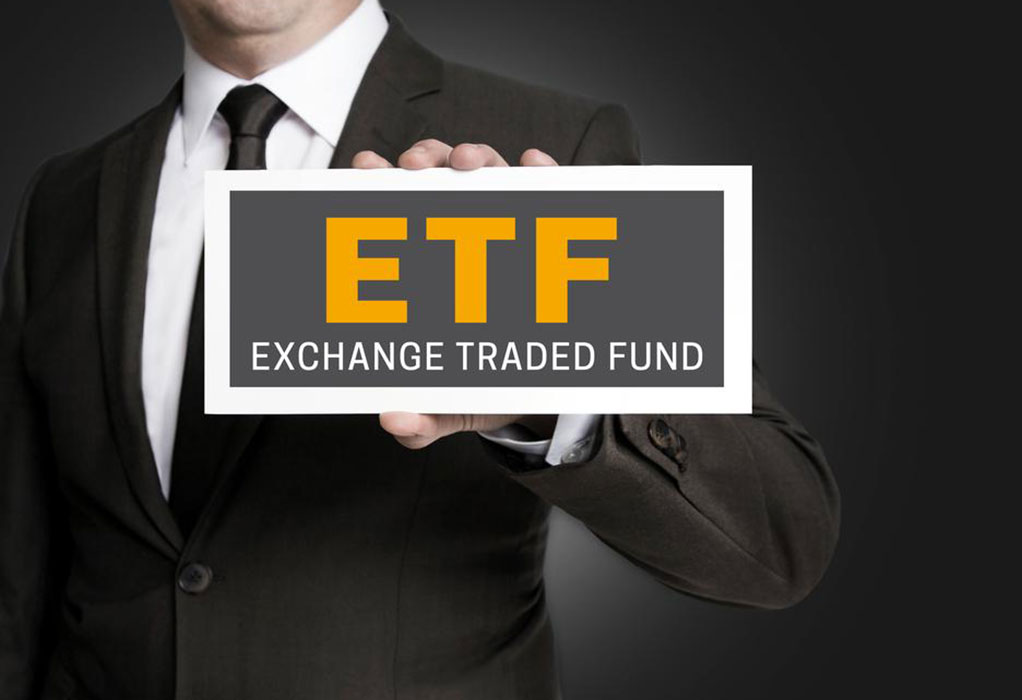The best ETFs to buy this year
ETFs – or Exchange-traded Funds – are an investment that is traded on the stock exchange like any other stock. They hold stocks, bonds, commodities, etc. by operating through the arbitrage mechanism keeping the price close to the net asset value. They are also tracked on the index and are attractive due to the low price, tax efficiency, and stock-like features. It is the most popular exchange-traded product.
The ETF distributors buy and sell ETFs from authorized broker-dealers with whom they have an agreement in creation units. They have tens of thousands of ETF shares. An ETF combines the features of a mutual fund or unit trust, which can be bought or sold at the end of each trading day.

Listed below are the best ETFs to buy in 2017 which will fetch handsome returns to investors –
VanEck Vectors Oil Services ETF
Relief from regulations and crude oil prices going up shows a positive backdrop for the energy sector in 2017. The oil service and drilling segment look attractive for investment. The rig count has gone up but is still below peak levels.
As drilling has picked up, large oil companies will regain pricing power. This should increase the operating margins. The oil industry should see solid earnings, recovery with revenue set to grow.
iShares National Muni Bond ETF
Municipal bonds have lower prices with higher interest rates and lower tax rates. Because of the lower tax rates, the municipal bond is considered one of the ETFs. This is a $7 billion municipal bond ETF. It has a low expense at 0.25% annually and a current 2% dividend. Its average bond rating is AA (higher than most ETF’s) with an average maturity of 5 ½ years, that is less duration than most ETFs. It is less interest rate sensitive.
PowerShares Dynamic Semiconductors ETF
The new industries all depend heavily on semi-conductors from coffee machines, cars, trucks, security, robots, data, climate control, etc. You are advised caution as many companies are performing ground-breaking work; NVIDIA has roughly tripled in price since 2016. Giants like Intel tend to carry risks. This ETF provides diversified exposure to the industry through a basket of 30 stocks. This ETF has an active management and an expense ratio of 0.68%. It is positioned between a typical ETF and the typical mutual fund.
Major defense contractors benefit immensely when the defense spending goes to-
- Boeing, builder of F-15 and F/A-18 fighter jets and missiles.
- Lockheed Martin that builds next-gen F-35 Joint Strike Fighter jets and missiles.
- Northrop Grumman builds the next-gen new long-range stealth bomber with 25% work share in the F-35 program.
- General Dynamics and Huntington Ingalls Industries (HII) are USA’s largest builders of military warships.
- Together they generate $125 billion in sales in the U.S. With $600 billion in spending, the USA spends one-third of the world’s $1.6 trillion global defense.
There are three ETFs that offer exposure to the U.S. Aerospace and Defense industry –iShares U.S. Aerospace & Defense, SPDR S&P Aerospace & Defense, and PowerShares Aerospace & Defense. Annually these three funds are above average, 20% versus the S&P 500 index, which is about 14%. ITA has the largest assets around $1.7 billion. It has over 90% similarity with XAR. XAR and PPA have about $400 million invested in the USA. XAR offers exposure at the lowest expense ratio—just 35 bps. ITA and PPA charge 43 bps and 50 bps, respectively. The risk of holding ETFs in any defense spending cut will have a negative impact on currency fluctuations. Nearly one -third of the revenue comes from outside the USA.
Market Vectors Gold Miners ETF and iShares Barclays 20 + Year Treasury Bond ETF
There is nearly $250 trillion in global debt; it may turn the downturn into something worse. It may lead to steep unwind in stock markets. There is a 75% decline in the stock market, even the defense sector, utilities, consumer staples, and financials will be hit hard. Junk bond prices may soar. iShares Barclays 20+ Year Treasury Bond ETF has corrected sharply in recent months consensus believe the 35-year bond bull market is over and that rates are heading to a steady high in 2017. iShares Barclays 20+ Year Treasury Bond ETF can provide close to 40% of total return. Gold and the miners also look very attractive and expect Market Vectors Gold Miners ETF (GDX) to be a better performing ETF in the first half of 2017.
SPDR S&P Regional Banking ETF
The financials and specifically regional banks will benefit from rising interest rate. This will lead to net interest margins which should help increase their growth earnings. This will help improve economic growth. Banks have the ability to grow at single and double-digit rates.
A major risk includes changes in regulations that is to the disadvantage of the financials, a downturn in the market or economy, or a stronger dollar, and a hawkish or dovish Federal Reserve will tighten faster than the market expectations and will unexpectedly lower interest rates.
These are the best ETFs to buy and invest in.

